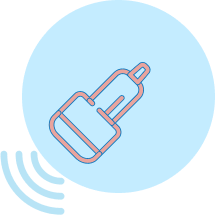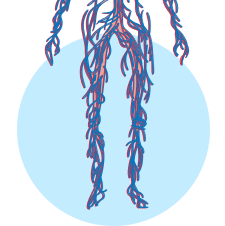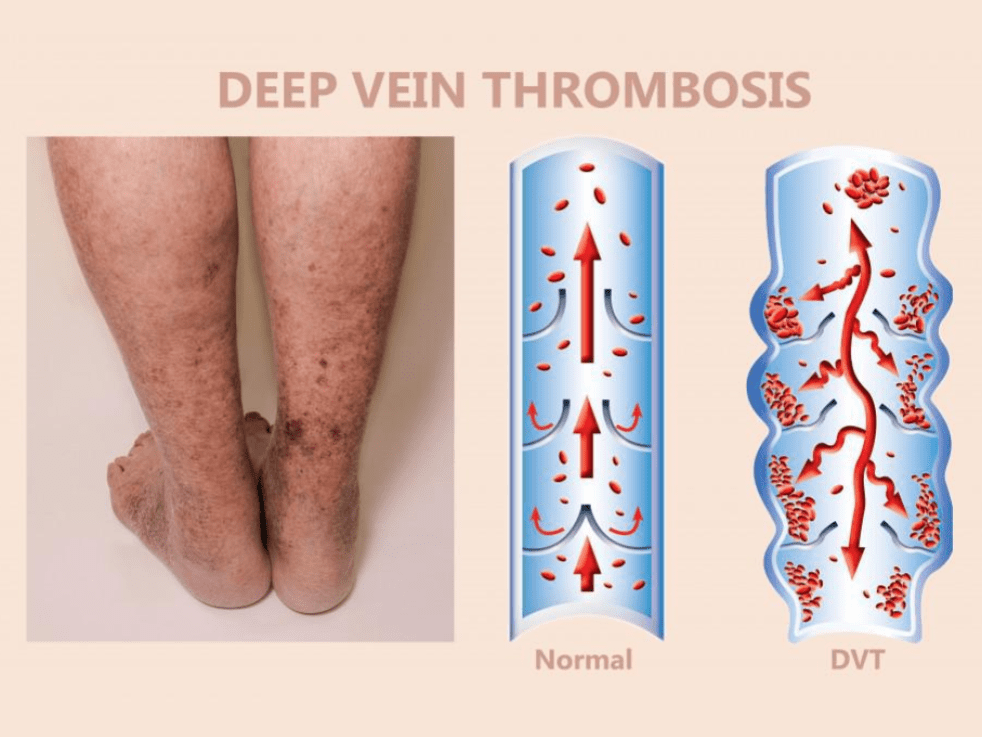What is Pelvic Congestion Syndrome?
What is Pelvic Congestion Syndrome?


What Causes Pelvic Congestion Syndrome?

What Causes Pelvic Congestion Syndrome?
Pelvic congestion syndrome and pelvic varicose veins are caused by veins not functioning properly and blood pooling in the pelvis. This pooling can cause the veins to become swollen and irritated resulting in chronic pain. While the exact cause of this condition is still not yet known, most specialists attribute pelvic congestion syndrome to alterations in the pelvic structure during pregnancy and after having given birth. These changes to the system may exacerbate vein disease and cause pelvic congestion syndrome, chronic pelvic pain, and pelvic varicose veins to occur.
What are the Symptoms of Pelvic Congestion Syndrome?

Pelvic pain that progresses throughout the day

Pelvic pain that worsens during menstruation

Hemorrhoids

Lower back pain

Vaginal discharge

Suddenly needing to urinate
What Treatments are Available for Pelvic Congestion Syndrome?
There are Many Treatments for Pelvic Congestion Syndrome Available at StrideCare Including:

Diagnostic Venous Ultrasound
A non-invasive test that uses ultrasound technology to get a full view of the circulatory system.

Venography
Innovative technology that allows vascular specialist to see the veins in your body on an x-ray.
StrideCare
Patient Reviews



4.89 Average Online Review Score












StrideCare Leverages athenaOne to Enhance Financial and Operational Results, Improve Clinical Workflows
2 Min ReadCASE STUDY: Transitioning all practices onto one united system gives StrideCare invaluable access to data

When are Varicose Veins More than Just a Cosmetic Concern?
2 Min ReadLearn about varicose veins, prevention tips, and treatment options from StrideCare’s vein specialists in Texas.

Puffy Legs are One of the First Signs of Deep Vein Thrombosis
3 Min ReadLearn the symptoms of deep vein thrombosis (DVT) and seek immediate evaluation at StrideCare for expert care and treatment.



